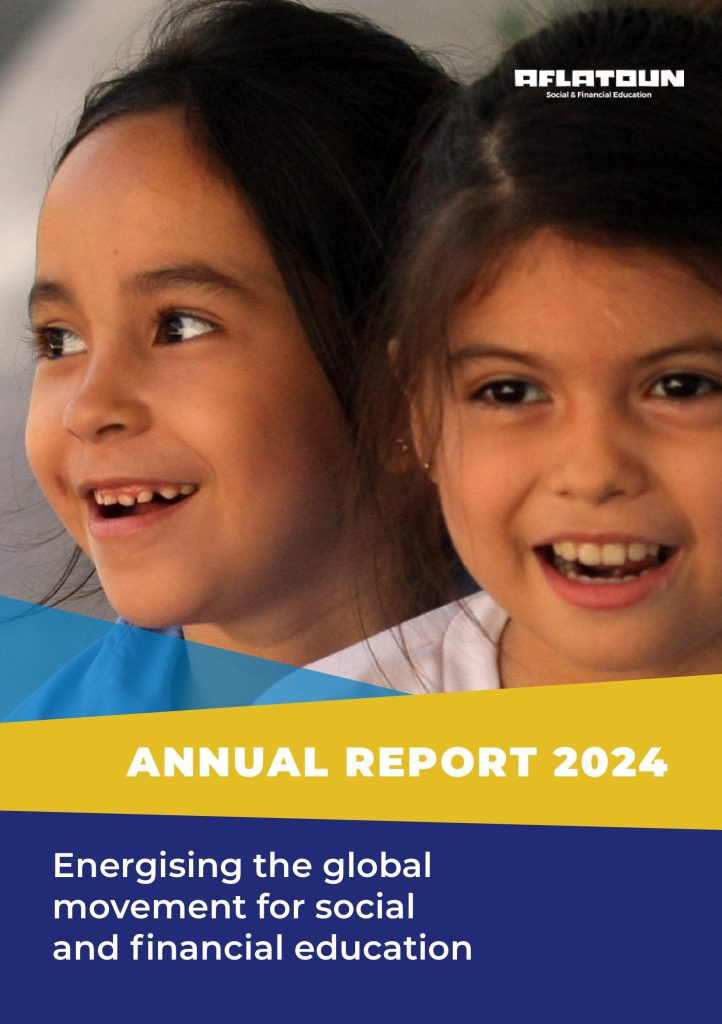Samunnat Nepal is a non-profit organisation founded 9 years ago to advocate at the policy level and create an equitable quality learning society through evidence-based strategies, integrated approaches, and capacity building.
The organisation has extensive experience working in education and supports the learning of underprivileged, out-of-school children. They have a variety of programmes, including Life Skills and Education in emergencies, Gender-Sensitive Global Citizenship Education, nutrition in education, local curriculum implementation, etc.
In order to improve Nepalese education, Samunnat has piloted flexible learning centres, carried out capacity building training for education stakeholders, and developed child-friendly training packages.
Regarding Social and Financial Education (SFE), the organisation has developed an Instruction Guideline on SFE to be implemented in schools and the relevant packages for students.

Our Partnership
In 2021 Samunnat Nepal decided to partner with Aflatoun International to network and learn from the best practices of Aflatoun, including the Active Learning Methods and various curricula for children and young people. With this partnership, they wish to work extensively on SFE, combining their and Aflatoun’s expertise.
They are implementing the Aflatoun curriculum for grades 9 and 10 and will also work to use the Aflateen+ curriculum. What motivates them to implement the Aflatoun programmes is their feasible yet practical exercises that help children learn about financial literacy, entrepreneurship, rights and responsibilities.
They believe that social and financial education can play a vital role in supporting the youth with the required life skills to help them manage their finances, be involved in financial enterprises, and be a responsible member of the community.

Child Social and Financial Education Instructional Guideline
Due to the importance of CSFE programmes, Samunnat Nepal thought it necessary to develop an Instructional Guideline that would support teachers, school managers and stakeholders in carrying out SFE activities and potentially extend it to more classes in schools.
The Instructional Guideline was developed through numerous consultations with the Government of Nepal – Department of Education, Curriculum Development Center, Nepal Central Bank and other personnel.
Samunnat also decided for a half-day orientation training to be carried out in each school to implement social and financial education. The training was jointly facilitated by a Resource Person from the Government and staff of Samunnat Nepal.
Around 336 participants attended the training, from four districts in Nepal, including teachers, parents, child club representatives, students, guardians, local savings groups, representatives from local financial institutions such as banks, cooperatives, etc.
After the training, many teachers and school managers have been able to incorporate the Social and Financial Education programmes in schools.












